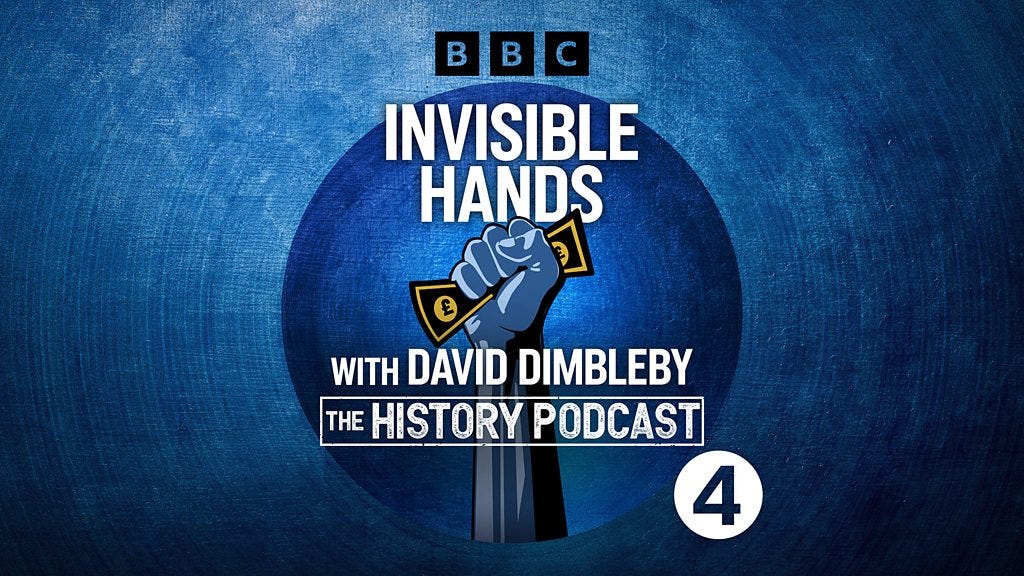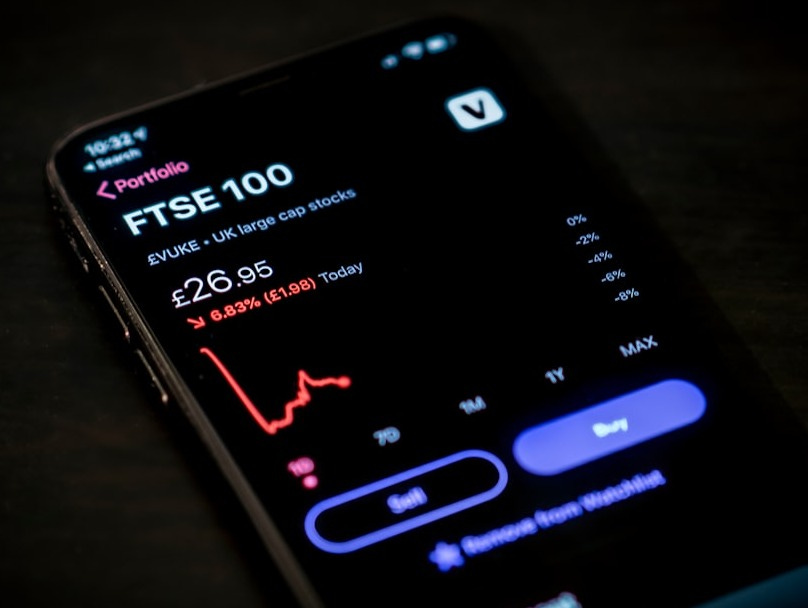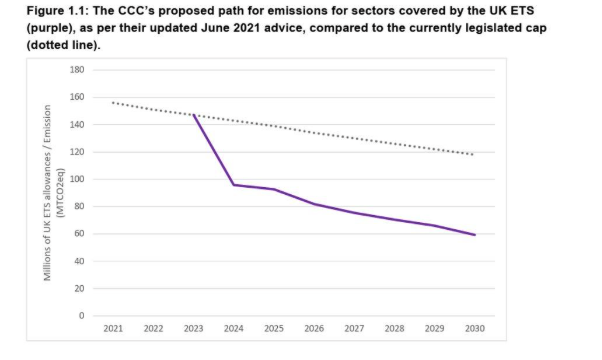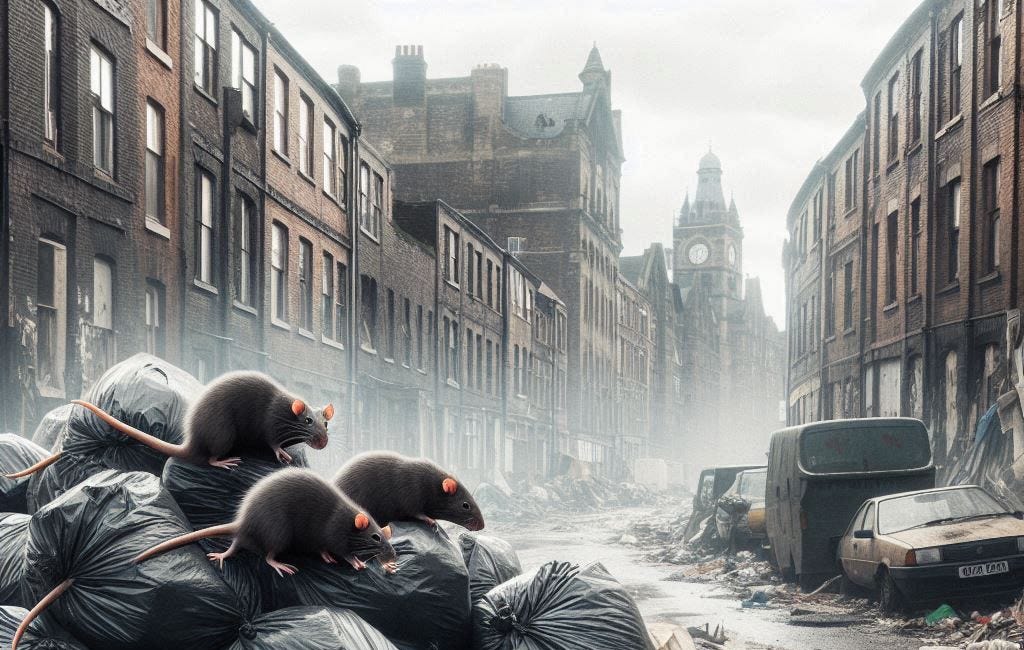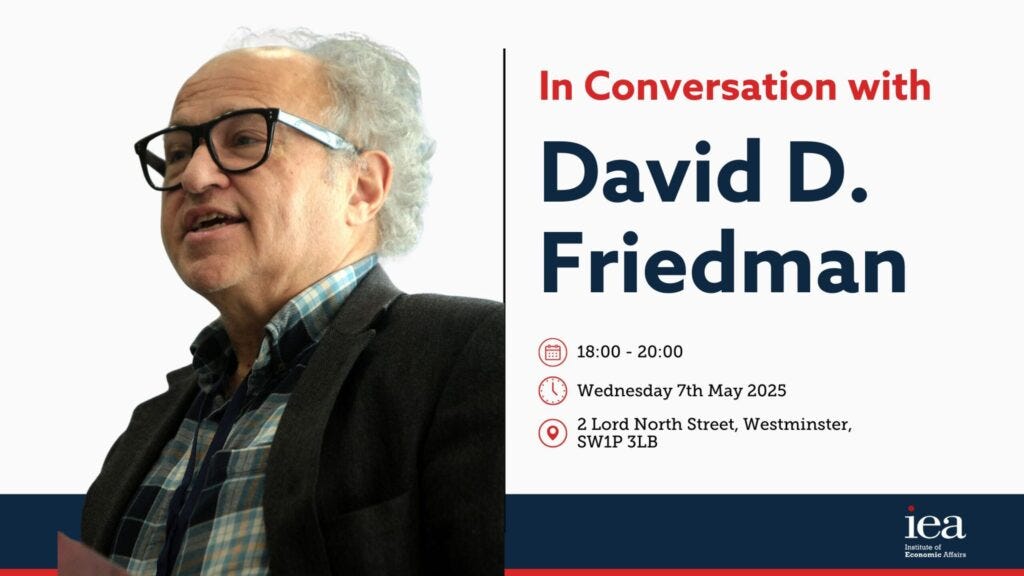|
In today’s newsletter:
Why we shouldn’t nationalise British steel
What this week’s growth figures mean
Why empty homes aren’t the problem
A defence of trade deficits
and more….
Parliament was recalled this weekend to debate emergency legislation to prevent the closure of British Steel’s Scunthorpe plant. It took around six and a half hours in total for Parliament to pass the legislation and for the King to approve it. The company’s Chinese owner, Jingye, claims it has been making losses of £700,000 a day. The details may be disputed, but nobody would claim that steelmaking in Britain is currently a way for investors to make easy money.
This has indeed been the case for decades. Since the war the steel industry has twice been nationalised, and unions such as Unite are calling for this to happen again. It seems unlikely, however, that this would resolve anything. As is shown by its inability to devise a clear way forward for the soon-to-be-in-public-hands railway industry, Labour still finds it easier to call for state ownership than to decide what to do when it gets it.
The nationalised steel industry was never able to halt the long-run decline of steelmaking (at the start of the 20th century Britain produced around a quarter of the world’s steel; today its share is negligible, less than half of one per cent). It was poorly managed, had regular trouble with the unions and, with so many other calls on the public purse, was never able to provide the sustained investment needed for comprehensive modernisation. So many other countries, with much lower cost bases, now produce steel. Many of them, notably China, India and Turkey, massively subsidise production – as Donald Trump has pointed out. The result is a worldwide glut of steel.
The last Conservative government was reluctant to let steel production die, but also reluctant to subsidise it indefinitely. Plants at Redcar and Port Talbot were allowed to close. Labour opposed these closures, but their heart probably wasn’t in it. Nobody wants to see large, often highly skilled, workforces thrown on the scrapheap, especially in locations which are – like Scunthorpe – relatively isolated, with few alternative employment opportunities nearby. But in the last fifty years many traditional industries have been allowed to expire, as Britain has turned from being an industrial giant to a service-based economy. Why should steel be any different?
Free market economists argue that it is sensible for countries to specialise in what they are good at and trade with the rest of the world, importing products such as steel which we can no longer produce efficiently. If other countries want to subsidise the sale of steel to us, that’s an added bonus, thank you very much.
Against this, you could argue that many of the problems of the UK steel industry are the result of our own government's policy. Our headlong rush to a green future has dramatically raised electricity prices, closed down domestic sources of coking coal, and created a need for expensive new investment to meet climate targets. Without these politically determined weights around the industry’s neck it might be in better shape to face foreign competition.
Arguably, too, the international situation has changed dramatically in the last few years. The war in Ukraine has led to the realisation that we need to spend much more on defence, and this means we need a lot more steel for our armaments industry. Closing down Scunthorpe means that we would no longer have any capability to produce virgin steel, and in an increasingly uncertain international political and trade environment this looks something of a gamble.
The legislation passed yesterday, the Steel Industry (Special Measures) Act, will now allow the Business Secretary Jonathan Reynolds to direct the board and staff of British steel. Now, the Government will begin the process of taking full control of British Steel to keep Scunthorpe on life support for a while longer. But without a real plan for the future, it may just be delaying the inevitable.
Len Shackleton
Editorial and Research Fellow
P.S. The best way to never miss out on IEA work, get access to exclusive content, and support our research and educational programmes is to become a paid IEA Insider. For a limited time only, new paid subscribers will receive a copy of Dr Steve Davies’ book Apocalypse Next: The Economics of Global Catastrophic Risks for free.
IEA Podcast: Executive Director Tom Clougherty, Editorial Director Kristian Niemietz, and Director of Communications Callum Price discuss Trump’s tariffs, empty homes and the steel industry, IEA YouTube
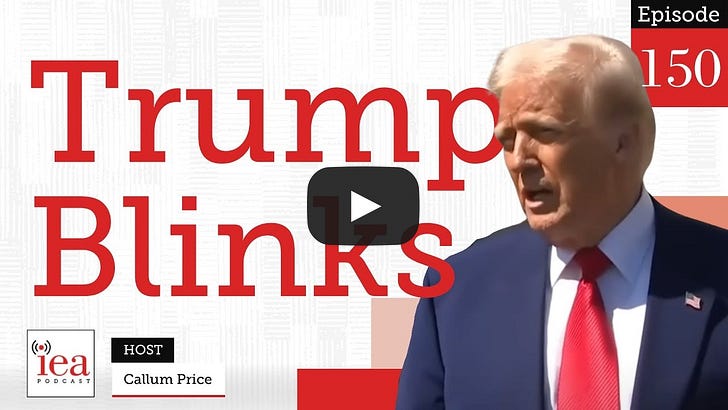
UK economy’s strong start to the year unlikely to be sustained
Responding to the February growth figures, Julian Jessop, Economics Fellow at the Institute of Economic Affairs, said:
"The news that the UK economy grew by 0.5% in February is a welcome surprise but should come with plenty of health warnings.
"For a start, monthly GDP data are notoriously volatile and often revised. A sharp correction is possible in March and especially in April, when the increases in taxes and other business costs in last October’s Budget actually kick in.
"Moreover, the official data are far stronger than indicated by the latest business and consumer surveys. These do suggest that the economy has picked up a little, but nowhere near this strongly.
"February’s data may also have been flattered by some special factors. In particular, there was a 2.2% jump in manufacturing output, which again is hard to square with the industry surveys.
"This may have been boosted by activity brought forward to beat new US tariffs, or just reflect the usual noise in these data. Either way, a global trade war remains a big downside risk for the rest of the year.
"That said, there are some encouraging signs in the data too. Above all, consumer spending on services is rising strongly. With real wages still growing at a decent pace and household savings relatively high, the UK economy is still likely to grow by around 1% over the year as a whole.
"However, sentiment is clearly fragile, especially with the labour market weakening, taxes expected to rise further, and the US-China trade war escalating.
"Overall, the UK economy looks set to avoid the outright recession that some feared, but the strong start to the year is unlikely to be sustained.
"In the meantime, the Government needs to do more to restore consumer and business confidence and break free from the doom loop, while liberating the private sector from unnecessary costs and red tape."
News and Views
Invisible Hands, The History Podcast, BBC Radio 4
BBC Radio 4 have created a podcast series detailing the history of an idea – free market capitalism – in the UK. The first episode details how a chicken farmer, Antony Fisher, became motivated to found the Institute of Economic Affairs.
Episode 1 - The Chicken Farmer
Episode 2 - The Mad Monk
Episode 3 - Selling the Silver
Will Trump tariffs mean Chinese bargains for the UK at Christmas?, Editorial Director and Head of Political Economy Kristian Niemietz quoted in The Times
Kristian Niemietz, head of political economy at the Institute of Economic Affairs, warns: “Having these [Trump] tariffs is bad enough. Responding to them with more tariffs would just make it worse.”
From Nudges to Bans: The Dangerous Path of Behavioral Economics | Prof. Mario Rizzo | IEA Live, IEA YouTube
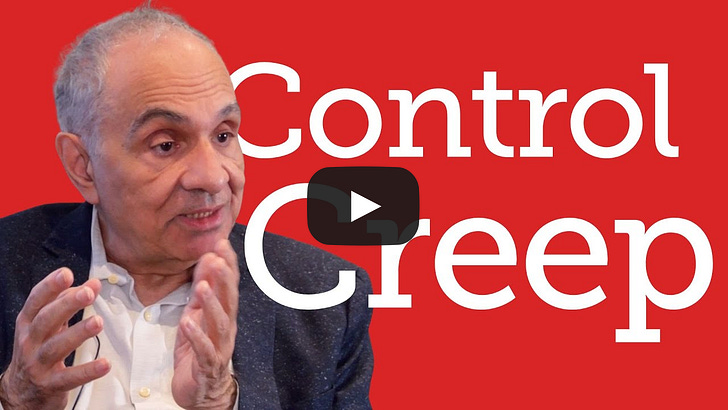
'Council should have control over vacant homes', Editorial Director Kristian Niemietz quoted in the BBC
Dr Kristian Niemietz, editorial director at the Institute of Economic Affairs, said: "The issue is that we haven't been building enough houses for more than 40 years.
"Westminster Council, like many other councils, is just trying to distract from that."
Britain's Economic COLLAPSE: From Global Leader to 27th Place | Lord Moynihan | IEA Live, Executive Director Tom Clougherty interviews Lord Moynihan, IEA YouTube
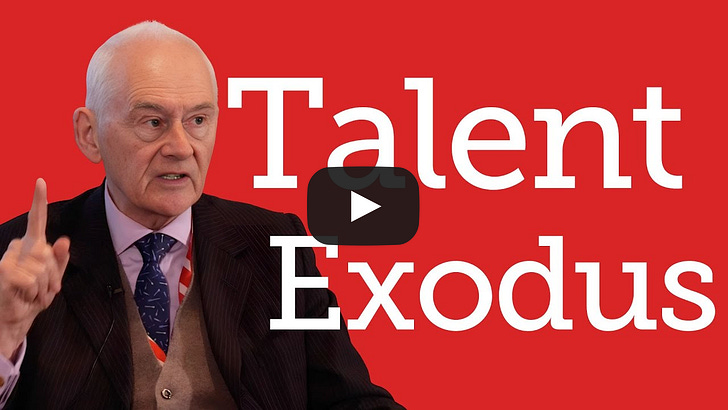
POLL: Should the UK have a wealth tax on Britain's richest people?, Executive Director Tom Clougherty quoted in the Express
Tom Clougherty, executive director and Ralph Harris Fellow at the Institute of Economic Affairs, described wealth taxes as a "bad idea" that have "no compelling justification".
He argued that a wealthy investor could "easily" face an effective tax rate on their investment returns of 80% or more, from a supposed 2% wealth tax.
Mr Clougherty asked: "If you tax returns that heavily, who is going to want to invest or grow a successful business in Britain?
"We may already be losing millionaires at a faster rate than any country except China. A wealth tax would accelerate that trend."
He added Britain's stagnant economy has little to do with the distribution of wealth and by driving capital out of Britain, a wealth tax would itself reduce growth, investment, and employment.
Green Hydrogen & the "Crime Against Thermodynamics" Policy | Free the Power, Energy Analyst Andy Mayer interviews David Turner, IEA YouTube
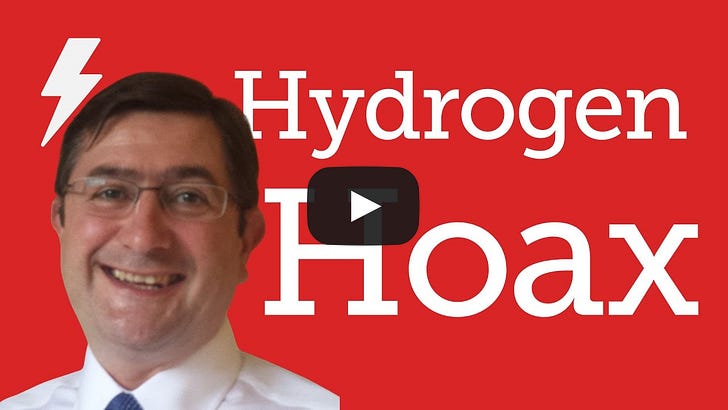
You’re currently a free subscriber to Insider. For the full experience, upgrade your subscription.
Paid subscribers support the IEA's charitable mission and receive special invites to exclusive events, including the thought-provoking IEA Book Club.
We are offering all new subscribers a special offer. For a limited time only, you will receive 15% off and a complimentary copy of Dr Stephen Davies’ latest book, Apocalypse Next: The Economics of Global Catastrophic Risks.
